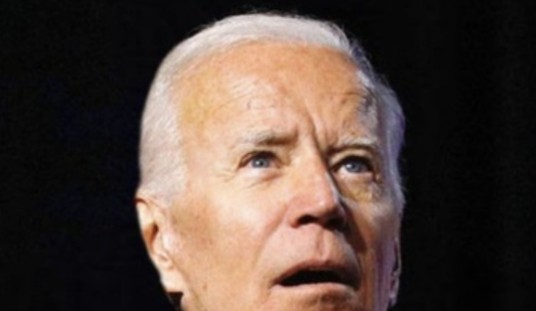When the 9/11 Commission insisted that American intelligence needed reorganization for better efficiency, I doubt that too many disagreed. After all, we had missed key signs leading to the 9/11 attacks thanks in part to intelligence stovepiping within the executive branch, as well as the ridiculous “wall” that kept counterterrorism and law-enforcement agencies from working in concert to bolster national security. However, when the panel proposed a reorganization that just slapped a couple of extra layers of management on top of the myriad intel services rather than a true reorganization and streamlining, many of us predicted that the new structure would lead to a new round of uncontrolled expansion and turf wars.
The former began almost immediately, and today, a big turf war has broken into public view between CIA Director Leon Panetta and DNI Dennis Blair:
On May 19, Dennis C. Blair, the director of national intelligence, sent a classified memorandum announcing that his office would use its authority to select the top American spy in each country overseas.
One day later, Leon E. Panetta, the director of the Central Intelligence Agency, sent a dispatch of his own. Ignore Mr. Blair’s message, Mr. Panetta wrote to agency employees; the C.I.A. was still in charge overseas, a role that C.I.A. station chiefs had jealously guarded for decades.
The dispute has posed an early test for both spymasters, with Gen. James L. Jones, the national security adviser, now trying to negotiate a truce. The behind-the-scenes battle shows the intensity of struggles continuing between intelligence agencies whose roles were left ill defined after a structural overhaul in 2004 that was intended to harness greater cooperation and put an end to internecine fights.
Technically, Blair outranks Panetta. Congress acted on the 9/11 Commission’s plan and put the DNI as the Cabinet-level official that coordinated with the President on all intelligence matters. That demoted the DCI to a subordinate role, comparable to the rest of the various intel agencies that report through the Directorate of National Intelligence.
However, Panetta is a political pick, chosen by Obama for his political abilities, not for his non-existent background in intelligence. Panetta understands the critical nature in politics of protecting turf. Furthermore, Panetta has more access to the President as a political choice than Blair’s other subordinates. Blair understands this as well, which is why the two men are butting heads with just a few months of their respective appointments, to the point of making a national spectacle of themselves.
Unfortunately, this is the nature of political bureaucracies, one of the reasons we criticized the creation of the intelligence directorate from the start. Instead of drawing clear lines in a streamlined organization and assuring rapid evaluation of intel by the highest levels of government, the DNI structure puts more roadblocks on intel, more layers between the President and those who gather the intel, and it creates opportunities for time- and resource-wasting internecine fights. In the middle of a war, one would hope that two people in charge of a critical front would learn to get along better than this, but the problem is built into the DNI structure.
Obama needs to impose an immediate solution between the two, but Congress needs to rethink its adoption of some very bad advice from the 9/11 Commission. Instead of expanding bureaucracies, we need to eliminate it and completely restructure American intelligence into one or two coherent organizations that act with speed and expertise to the challenges we face. Perhaps we need an intel director with some actual intel experience the next time, too.








Join the conversation as a VIP Member